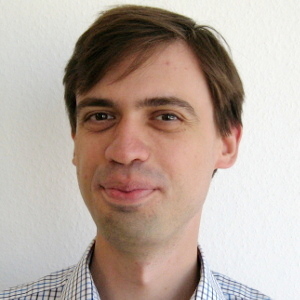Causality
Describing and discovering causal relationships is a concept at the crossroads of philosophy, mathematics and statistics. It has recently gained popularity in the machine learning community. While statistical dependence tells us when two variables tend to change simultaneously, causal models aim at making statements about a direction behind this simultaneousness. Models of causal relationships thus allow questions like (“Does smoking increase the probability of developing an illness?”, “What happens to a phenotype if a gene is knocked out?” or “What happens to a system if one of its variables is set to a given value?”) to be tackled.
A number of approaches to modelling causality have been proposed, ranging from ones based purely on observational data (i.e. passive observation of a system) through mixed data to interventional (experimental) data, where an experiment controlling for a particular variable has been performed. Possible application areas include, among others, genetic and biomedical data, social network analysis or financial data.
We focus on the approach where the relationship between observational and interventional distributions is a measure of causality and is quantified with information theoretic tools. Building on that, we propose methods of time series modelling, causal graph recovery and causal segmentation. We apply the approach to genetic and EEG data.

